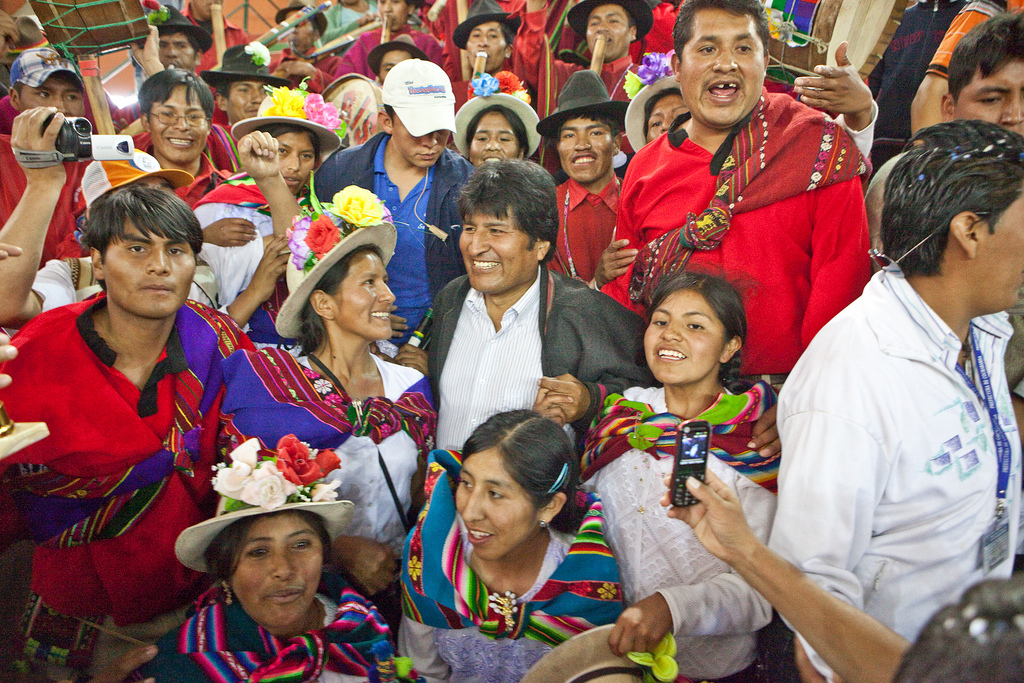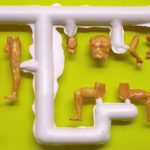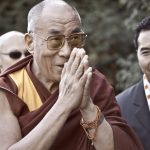When we, the writers of Pike and Hurricane, decided on this month’s overall topic “leadership”, I instantly thought of the Bolivian president Juan Evo Morales Ayma who has always been a fascinating political figure to me.
Every time I hear his name, I get transferred back to the time I spent in Bolivia. Whether I was working in the school kitchen and listening to the radio, or walking down the steep streets of La Paz seeing graffiti’s of “Evo, sí”, “Evo, no” and “Evo presidente”- everything would be about Evo, or related to his politics, and of course the myths and scandals surrounding him.
Bolivia is a multicultural country situated in Latin America. It has 37 official languages and due to its unfortunate history, it is the only Latin country that does not have a direct access to the sea (you’re welcome, I know at some point during a pub quiz you will relish this piece of information).
The majority of the Bolivianos have indigenous background and Evo, who identifies himself as Aymara (one of the largest indigenous groups), was the first indigenous president ever to be elected in 2006. What makes this government even more special, is that it has been the first one to last for longer than just a few years, months or days.
Currently, Evo is serving his third of two terms, that are allowed by the constitution, and speculation hints that he will stick around for longer, even though a controversial referendum that took place on the so-called “day of lies” (día de la mentira) should keep him from doing so. You can read all about his political career, from a coca farmer to the president here.
By now, you can probably imagine that opinions on Evo tend to be very diverse; and believe me, everybody has an opinion on this man!
To give you an insight, I interviewed two of my friends David Crespo Godoy from Argentina, and Salomon Alberto Pinto Limpias from Beni- a small village in the Bolivian Amazonas.
The expression of the Bolivian pueblo
Alberto has been living in Germany since 2007, but he still is very much in touch with Bolivia and up to date with its political developments. When he talks about his country, he refers to it as the “pueblo boliviano”.
“Evo Morales has been a very good president for the Bolivian people- he is the expression of the Bolivian pueblo; he comes from a very small, rural village of farmers, he is very humble and has many characteristics that make him appealing”, says Alberto.
“For example, his Spanish is far from perfect, because it is not his first language; he had to learn it during his time in politics. However, over time, he also has forgotten most of his mother tongue. Many Bolivians – myself included – can relate to this situation being trapped between the values and traditions of our rich history and the modern world.”
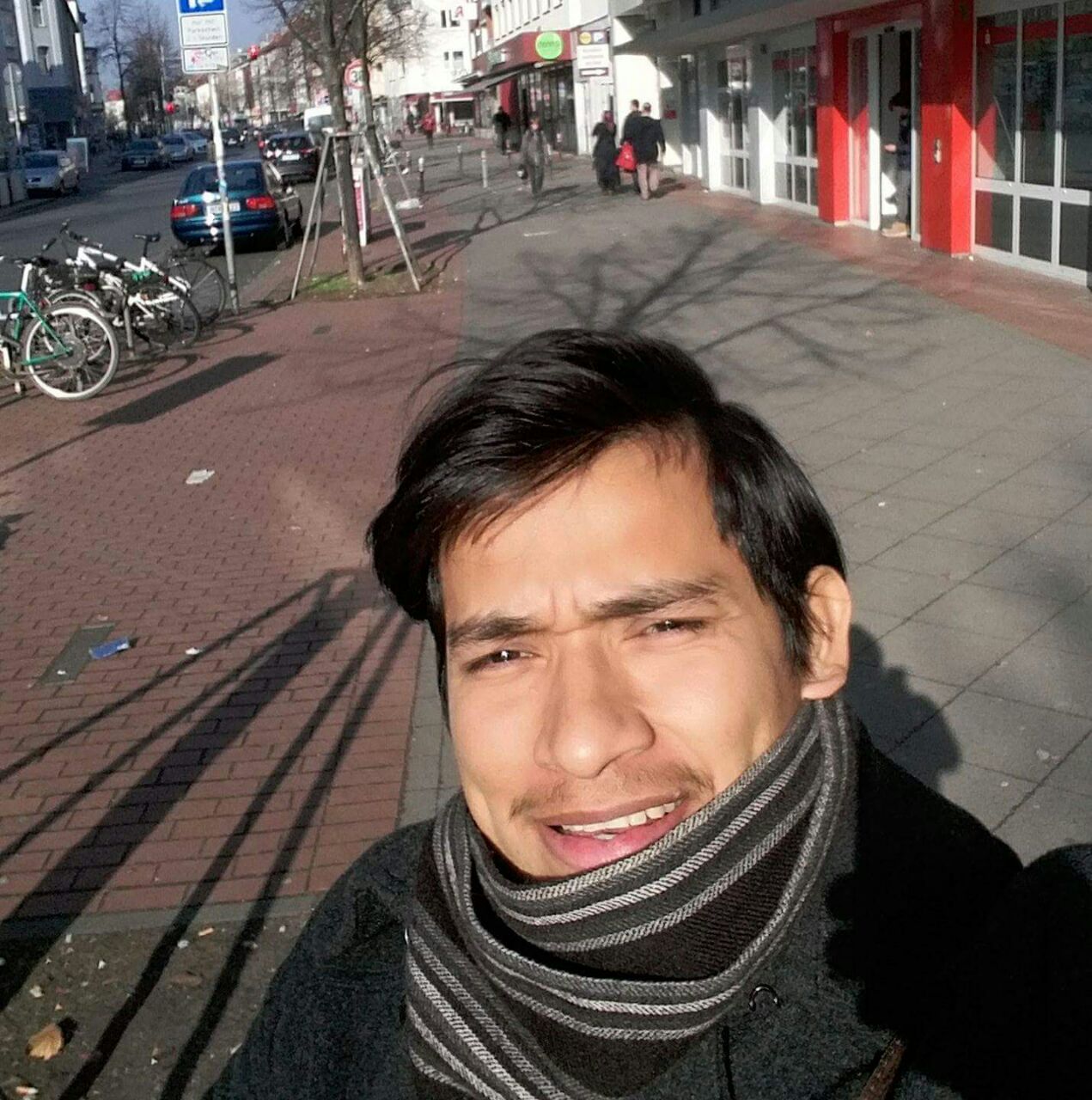
When asked about what has changed since Evo became president, he answered :
”Evo has managed to give Bolivia its dignity and identity back, he is teaching Bolivians democracy, their rights and their obligations. I have noticed how change has managed to pick up over time, we may be changing slowly, but there is a positive motion within our country. Schools and hospitals are being built, agriculture is changing from illegal coca farming to more sustainable crops, and people have found their hope again. The only thing we lack is professionals and experts that can advance this change.”
“I have voted for this government and I would vote for Evo again, if I get the chance. I am not ignorant towards his faults, but Evo is what Bolivia needs right now – a long-lasting, steady and stable government. I believe Evo will run again and that he will remain our president, because he is the true candidate of our people. If the Bolivian pueblo wants him again as a president, he will offer his services again. It will be the decision of the Bolivian people, not of the president. I think that if it were not for the scandals and false allegations, the opposition had spread, Evo would have won the referendum.”
Alberto then further explained his point of view regarding the opposition and the current political situation:
“I feel that our opposition is not offering constructive criticism of our government and in the event of coming to power they would destroy everything Evo has managed to establish. If they were to come to power, they would take away every social programme that we have fought for so long.
The government has its faults, but Evo is the best person to represent my people and he is the person we need to keep on making positive changes and to keep our positive image in the international community”
Scandals and corruption
David Crespo Godoy is from Argentina and he is an international management consultant who has lived in the US, Europe, Asia and Central America. He did a consultancy in Bolivia from October 2003 to May 2006 and then he went back in October 2012 and has lived there ever since. When we got to know each other, he was living in Tarija, a town in South Bolivia.
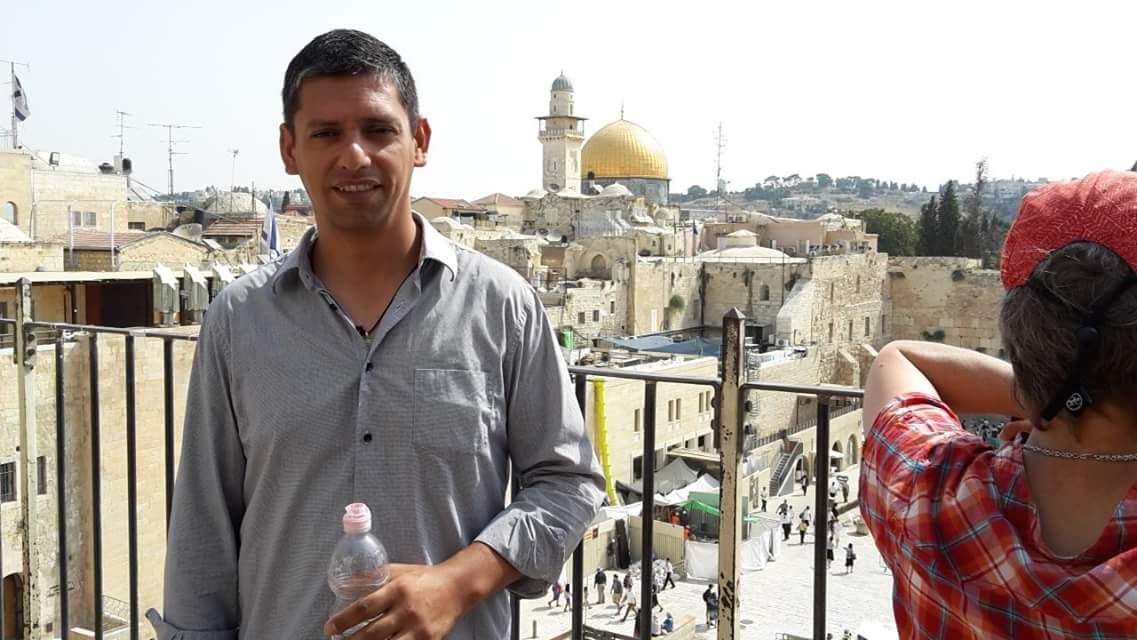
You can read the full interview in Spanish here. But I will provide you with the most important issues we talked about.
“Originally, since the inauguration of Evo, the image of Bolivia improved a lot in the international community. Although, due to Evo indirectly supporting narcotrafficking, he has lost some of his popularity. And this loss of popularity can also be seen within Bolivia.
Even though Evo has managed to make positive changes, his government also has its dark side and is involved in serious corruption and money fraud schemes through front businesses. People have started to realise this, which is why he lost the referendum”, David said. When I asked him about all the scandals surrounding Evo, he merely answered:
“I think that his government invented the scandal regarding Zapata [former girlfriend of Morales, ed.] and the lost son, reeling the attention of the public eye to something that would not have serious damage to Evo’s image.”
However, David also concurred that many positive changes have taken place since Evo took office:
“Some of the positive changes I have noticed in Bolivia since 2006 are that there is now a regular work day and the minimum wage which people with few exceptions are receiving- a salary of 2000 Bolivianos (~290 US$) per month, that the gap between the rich and the poor has started to close, and that the government offers a variety of services to all citizens, that traditionally only rich people had access to.”
“If the government invested more into small family businesses- that make up 80% of all businesses here, if it focused on production areas apart from oil, gas and petrol, if it invested more efficiently in our education system, we would achieve a much faster change within Bolivia!”
“Another positive movement has been the new constitution of 2009. On the one hand, it has given many Bolivians the hope for a better life. On the other hand, it has lessened US influence in Bolivian politics, for example our parties were administered by the US government and they even got to define the leaders in our ministries. This has not been public, but it is known alike.”
However, there is a flipside to the Bolivian success story, according to David:
“Indeed I think that the biggest problem we face in our country is corruption – it starts in our daily life and goes up to our government and the fact that it controls our judiciary, forces conformity. Evo and his government have made it impossible to speak out against them by taking advantage of errors within our legal system, for example by not considering people going missing a crime and therefore will not search for them or start an investigation.”
“In October 2012 my father “disappeared”. At that time he had been involved in a legal process against the government, because they had confiscated one of his airplanes. When I started investigating, I made out that alongside him three more people had gone missing. And then, when I reported this to the Human Rights Commission, it dawned on me that my father was merely one of hundreds.”
“Due to my investigations, I was arrested by the military in June 2013 and accused of being a terrorist. That same day I had to negotiate with the government and make a deal: I had to leave the country and stop all further investigations. Furthermore, my father’s company was expropriated by the military.”
“Since then I went on a spiritual journey to come to peace with myself and the fact that my father alongside many others will never come back again.”
“I wanted to share my story to show some of the serious problems we are facing with the Bolivian government.”
By Julia Glatthaar
Photo Credit:
Photo 1 by Kris Krüg, Celebration Dinner with Bolivian President Evo Morales – Colomi – Bolivia CC BY-NC-SA 2.0
Photo 2 by Salomon Alberto Pinto Limpias, “Self-portrait”, All rights reserved
Photo 3 by David Crespo Godoy, “Self-portrait”, All rights reserved
